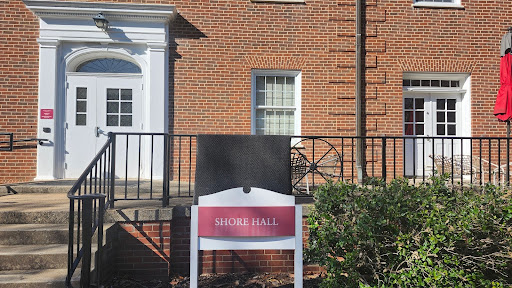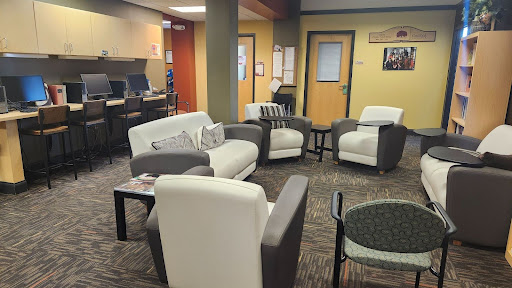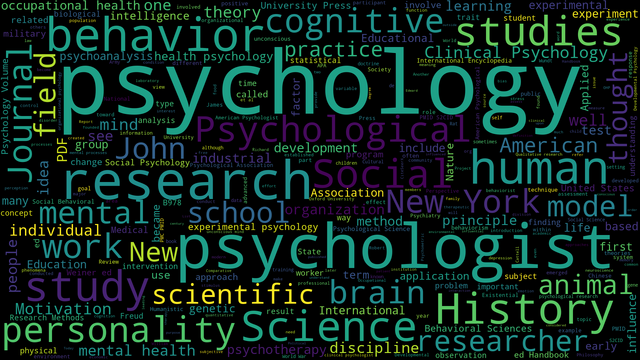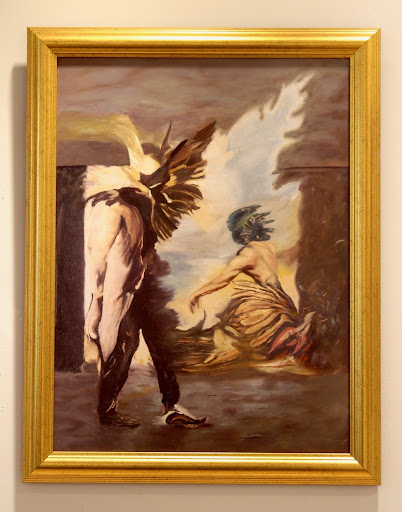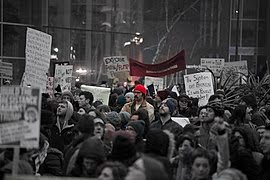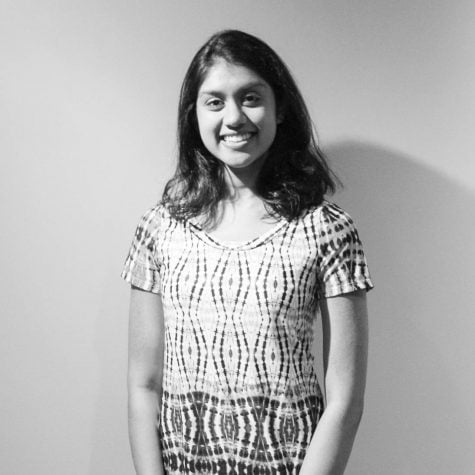Twenty-one percent of all eligible voters in the United States of America are between the ages of 18 and 29. Over 1,000 of these eligible voters are students from Guilford College.
The North Carolina primaries, which take place on March 15, will mark the first election with the adjusted voting rights laws in place. This modified state legislation has angered some of Guilford’s most politically active students.
“This law shortens the window for early voting, prevents voters from voting outside their district, ends pre-registration for 17-year-olds, stops same-day registration and also requires a voter photo ID,” said junior Najha Zigbi-Johnson.
“It is also important to realize that of the 11 states affected by this law, seven of them had the highest African American turnout for the 2008 presidential election. It is abundantly clear that (House bill) 589 seeks to disproportionately affect black and brown voters who tend to vote for Democratic candidates.”
However, these newly imposed restrictions have not stopped Guilford students from demonstrating political activism.
“Because our government enforces racial, class, gender, environmental, economic and several other types of oppression, political activism is embodied by the clubs and organizations such as SAASA, FRAME, Integrity for Guilford and Democracy Matters, which I am a member of, that work to undo that oppression,” said first-year Catherine Thomson.
“In particular, Democracy Matters (aims) for students to participate in our government through lobbying, education and voter registration.”
Student clubs like Democracy Matters have truly become vehicles for informed action on campus.
“Given the extreme range of candidates, from (Donald) Trump, who is considered by many as a fascist, to Bernie (Sanders), who is a self-proclaimed democratic socialist, it is practically impossible to avoid political conversation on this campus,” said Thomson. “Thus, Democracy Matters has spent several weeks registering and encouraging people to register for the primaries, and in fact, we have registered more than 100 students.”
During the week of Feb. 15, Ignite NC, an organization dedicated to social justice coordination among youth voters, visited Guilford to build the strength of NC Vote Defenders or proponents of educated citizenship.
“Recently, I, along with a handful of other Guilford students, attended a vote defender training run by Ignite NC,” said Zigbi-Johnson.
“In becoming a vote defender, a nonpartisan job, one is educated on how and when voting laws change, (how to) monitor key precincts for any voter suppression or intimidation and (seek remedies) by thoroughly documenting any voter incidents that occur at the polls.”
In a joint effort, professors and faculty are also working towards instilling civic responsibility in each of their students.
“Being one of two American political scientists on campus, a lot of what I tend to emphasize in class will, in some ways, always be looking to try and figure out how to get students engaged,” said Professor of Political Science Kyle Dell.
“The mission of the political science department is to foster engaged political citizenship. We really think of that in the broadest possible way.”
With all the efforts to engage and educate Guilford students, the question that remains is: how will Guilford vote?
“I have seen a lot of students advocating particularly for Bernie Sanders,” said Associate Professor of Political Science Maria Rosales. “Both (Bernie Sanders and Donald Trump) are read as anti-establishment candidates. … (They) may be a response to the feeling of not having a say that some young people have.”
With the primaries only a couple of weeks away, students can only hope Guilford takes advantage of the right to vote.
“Regardless of one’s political leaning, it is imperative that everyone has the right to vote and be a part of the political process,” said Zigbi-Johnson.





